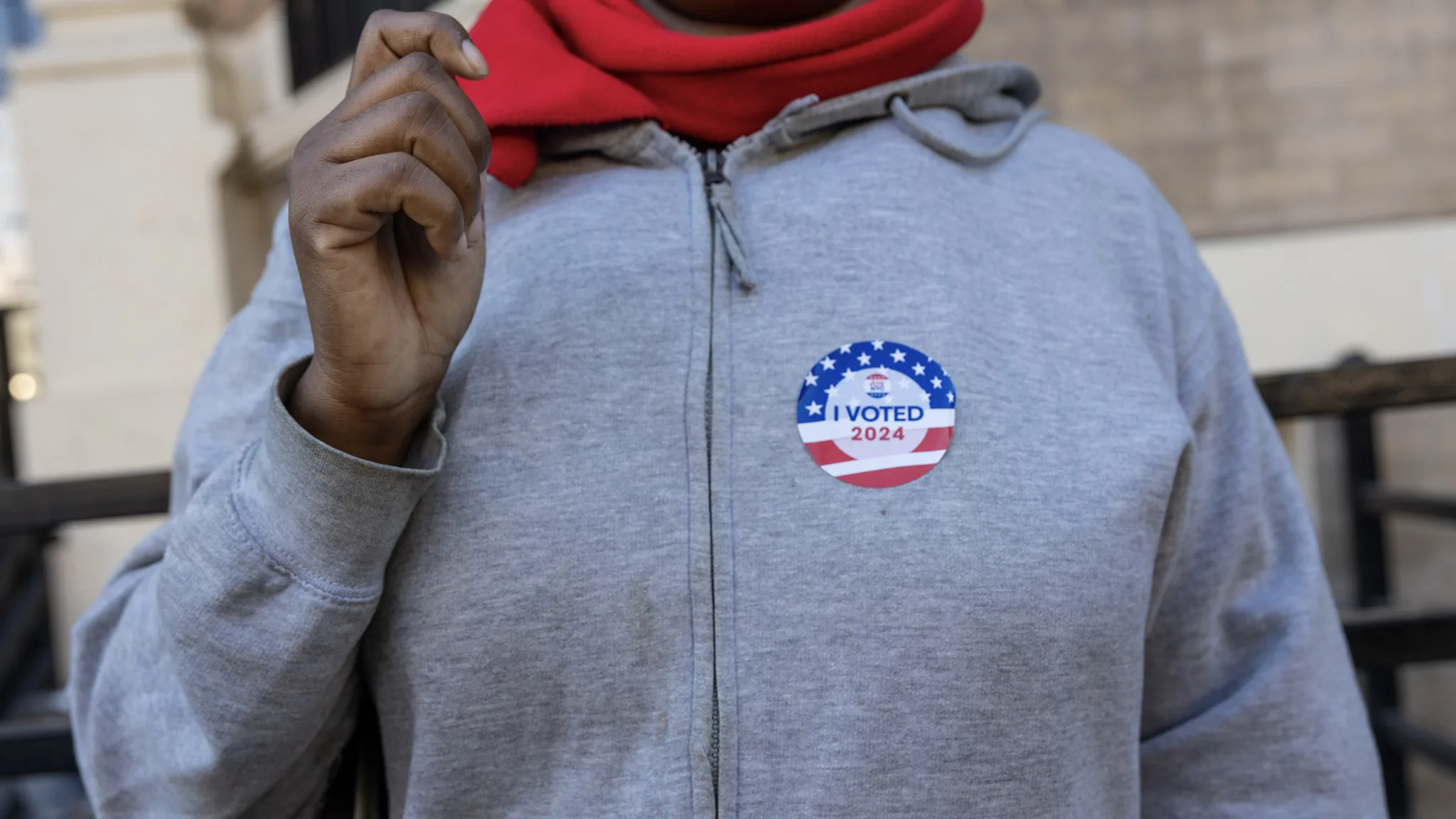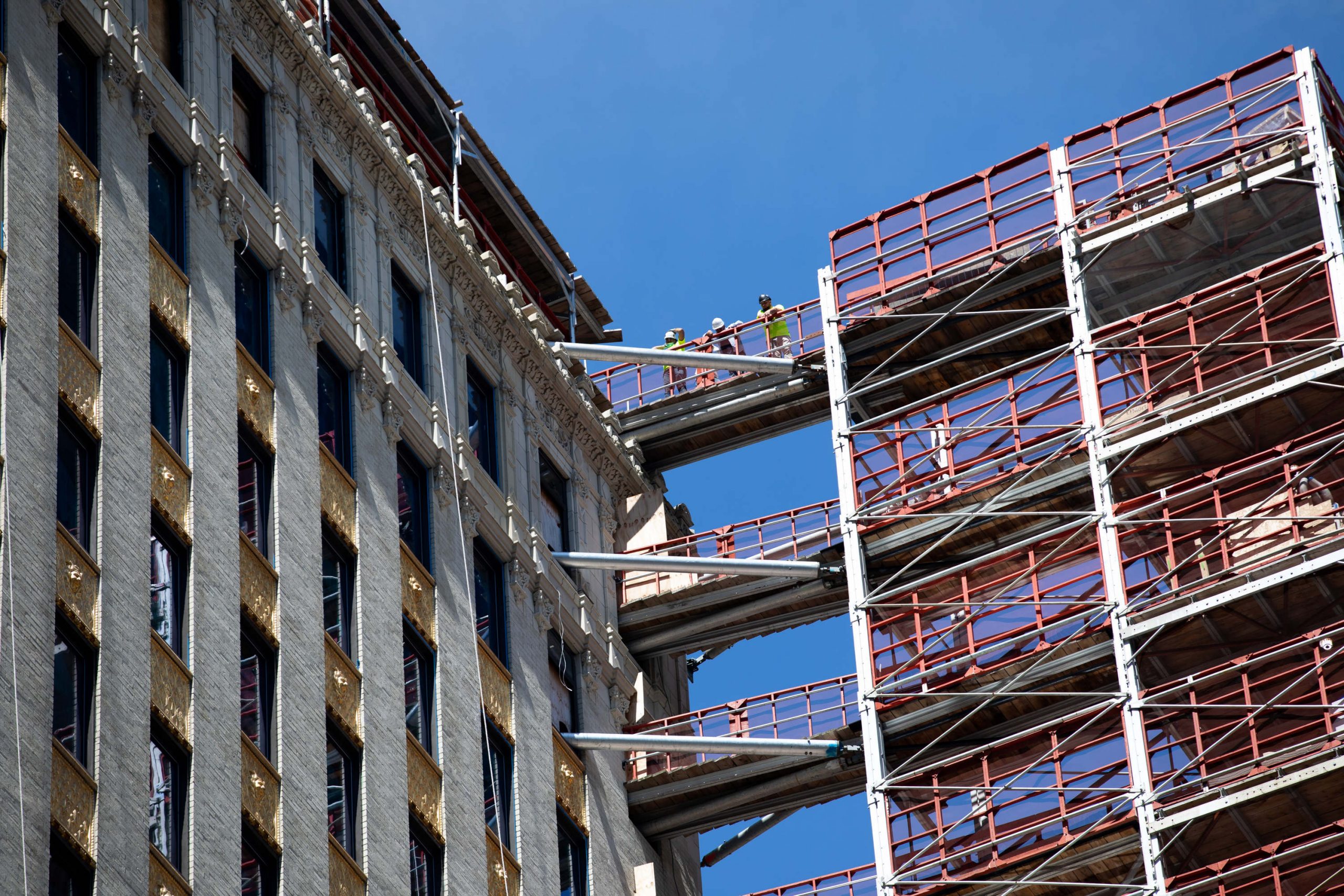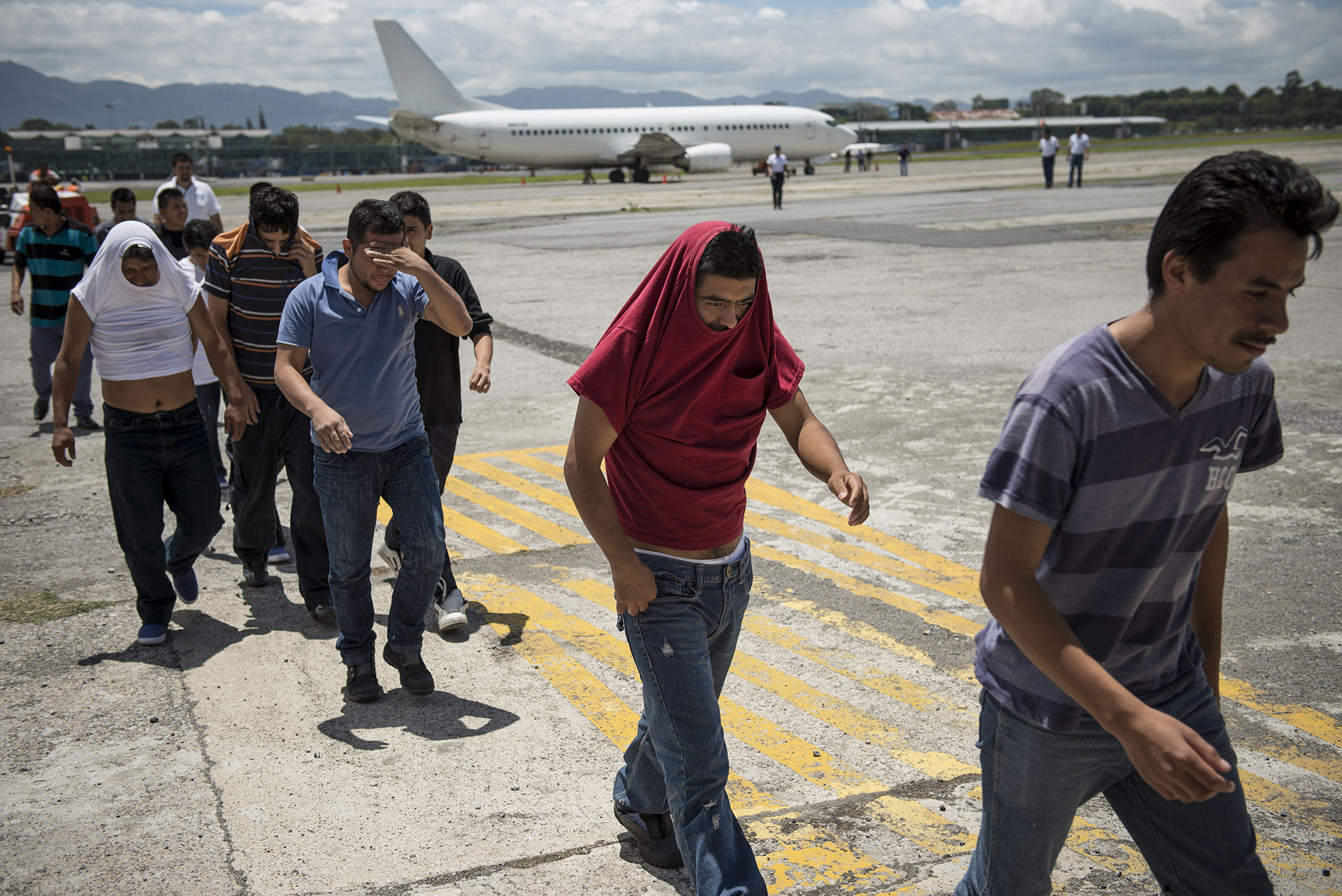Outside poll sites in public schools, museums and libraries, immigrant New Yorkers made their case for why they supported former President Donald Trump or Vice President Kamala Harris.
Crime, public safety, the economy and women’s reproductive rights were overarching concerns, but in the midst of exiting the busy poll sites, voters told Documented’s reporters that the issue of immigration was a deciding factor for how they voted. The majority of the 40 voters Documented spoke with, a small sliver of the city’s immigrant population, said they voted for Trump.
Documented’s correspondents visited polls in neighborhoods with high concentrations of foreign-born residents, from the Caribbean enclaves of Crown Heights and Flatbush to Jackson Heights, and the Chinatowns in Manhattan, Flushing and Sunset Park. Many spoke of similar issues: the failure of the Democratic party to address their pressing needs; blaming recent arrivals to the city for a rise in crime; and switching parties after this sense of failure under Biden. For others, Trump’s anti-immigrant rhetoric, and Project 2025, were too much. In other cases, a lack of interpreter services and knowledge about the voting process forced many immigrant voters to head home, defeated and unable to vote.
Rosemary Castro, 56, originally from Ecuador, and now in Jackson Heights, said she felt sorry for those who had recently immigrated, while pointing to recent arrivals for a rise in city crime. While this refrain was a popular sentiment among voters we spoke to, non-violent crime in the city has fallen consistently, according to the NYPD. “I know that they have come to settle,” Castro said, “but there are also many people who have come here and have destroyed the city and the country in general.”
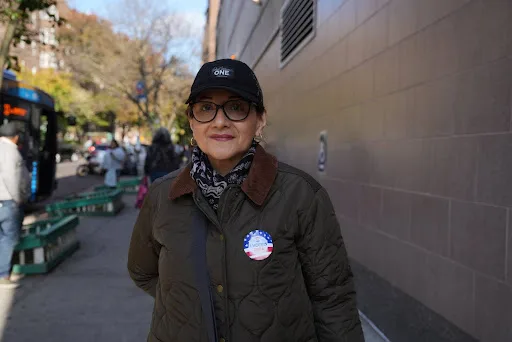
Maria Betita, 80, and her sister Lisa Betita, 77, came to the U.S. from the Philippines. Outside of the poll site at P.S. 020 John Bowne School in Flushing, they repeated many of Castro’s concerns. “So many people are suffering from inflation and the border crisis, and illegal people are causing harm in the city,” Maria said. “Police arrest them, but then let them go.”
Also Read: In Jackson Heights, Reasons for Early Voting Are as Diverse as the Neighborhood
At P.S. 130 Hernando De Soto School in Chinatown, Manhattan, Tso Weifun, 67, originally from Hong Kong, said she cast an all-Republican ballot. She cited crime, inflation and immigration all as important issues for her and emphasized not wanting more undocumented immigrants to come into the city. She voted for the Democratic party last time, she said, but now: “I don’t like whatever the Democratic party is doing.”
Nearly 210,000 migrants arrived to the city as of August 2022, 14,800 of whom were bussed by Texas Governor Greg Abbott as part of Operation Lone Star. In response to the rise of migrants arriving in the city seeking asylum, Mayor Eric Adams said the issue would “destroy New York city.” Trump and his running mate JD Vance have also blamed immigrants for a slew of concerns: higher crime rates, the housing crisis, stealing Americans’ jobs. Many experts have noted all of these claims are false. Meanwhile, regarding Trump’s promise to deport 13 million people, the American Immigration Council notes that “mass deportations would cause significant labor shocks across multiple key industries,” and the true cost to deport that many would be “incalculable because there is simply no reality in which such a singular operation is possible.”
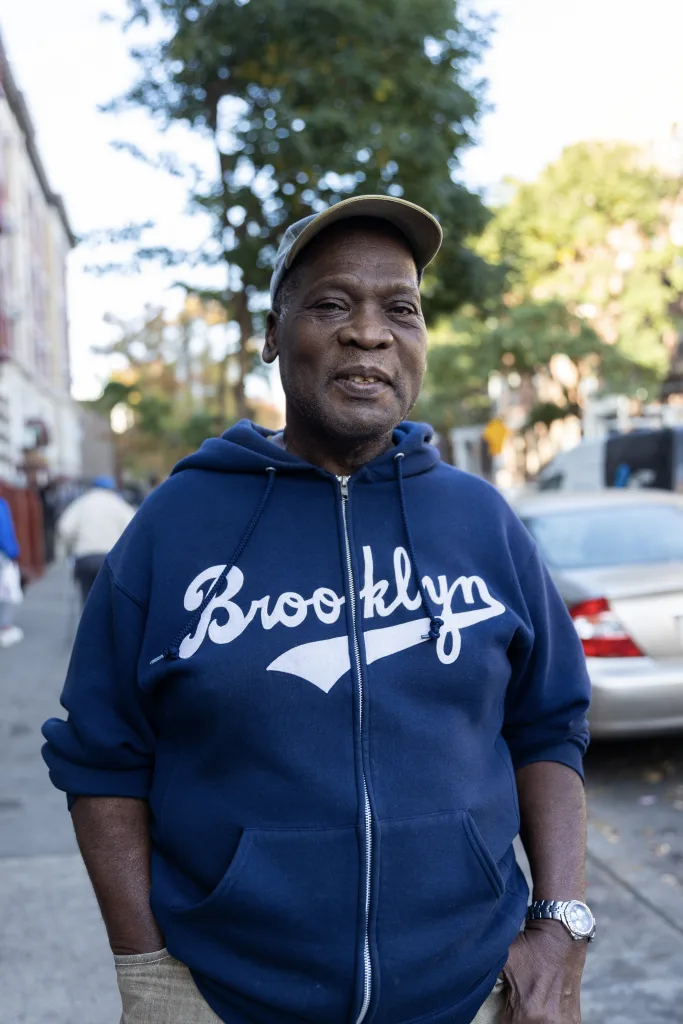
At multiple polling sites, Documented’s reporters found conditions that made it harder for New Yorkers to vote. They witnessed long lines at the polls and spoke to poll workers who said there were an insufficient number of language interpreters. As a result, voters were confused about their registration among other issues. At P.S. 020 in Flushing, a Chinese interpreter there, Hui Phing Tan, said that up to 30 Chinese voters she encountered were unaware they needed to register prior to voting. “Some are elderly and don’t know where to go or who to contact. They need help,” Tan told Documented. Tan said this lack of knowledge has persisted for years and “still hasn’t been addressed.” One other poll worker, who chose to remain anonymous, said that some eligible voters “don’t even know about the Board of Elections.”
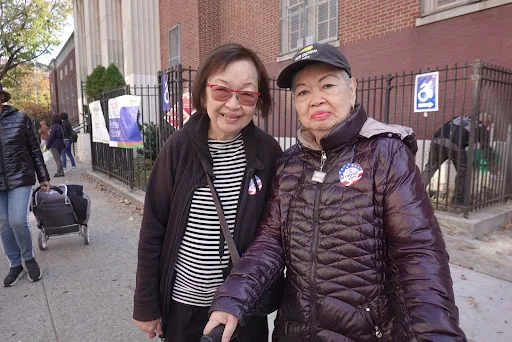
For Tamica Roberts, 39, born in Grenada and who recently became a naturalized U.S. citizen, Trump’s anti-immigrant views pushed her away. As a first-time voter in Crown Heights, she couldn’t see herself voting for Trump. “When I overhear Donald Trump spew this, you know this rhetoric about Puerto Ricans and African Americans and minority people, it sickens me to the core,” she said.
Nearby, another New Yorker born in Grenada also voted for Harris. “This foot is swollen and I had to fight to get this shoe on,” she said. “I had to drag [myself] to come to see [Kamala Harris] have the privilege to help us, for good and not evil.”
Still, some voters Documented spoke to said they voted for Trump, despite the fact that those Trump planned to deport could be their own family members.
“My sister does not have papers and she has never relied on the government like those benefits that [the new arrivals] have,” Olga Franco, who migrated from Peru 34 years ago, said. “I am against the people that are doing bad towards the country.”
She voted for Biden in 2020 and feels disappointed by his leadership, she said. This year, Franco voted for Trump.
“We need a change. I hope I am not wrong,” she said.
